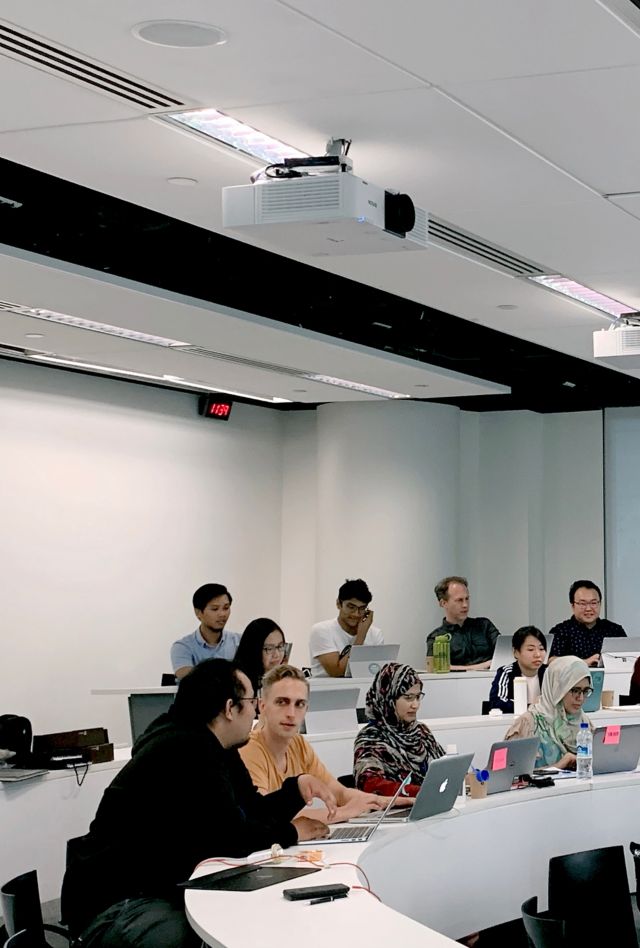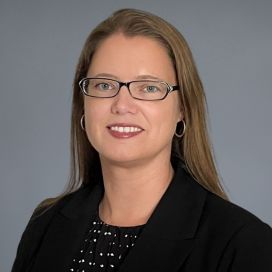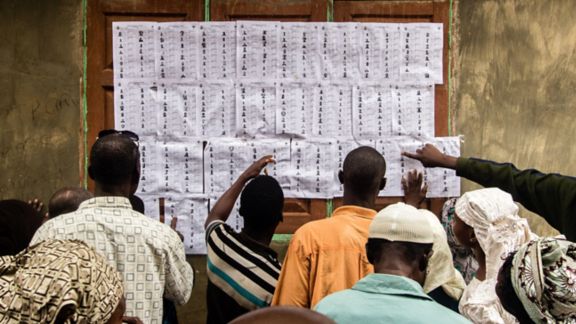Research Technical Assistance Center

Problem
The impact of international development research is often undermined by the inability of researchers to get persuasive information to the right people at the most opportune time.
In recent years, the U.S. Agency for International Development (USAID) has expanded its partnership with university-based researchers across the globe to generate rigorous, evidence-based findings. But the benefits of these findings often go unrealized because they are not always fully translated into actionable policy solutions. To address this, USAID envisioned a mechanism that would generate demand-driven research in response to USAID needs and translate that research into action directed at improving the lives and livelihoods of citizens and communities all over the world.
Solution
NORC created and maintains a diverse global network of university-affiliated researchers that provides timely evidence to inform policy and program design and adaptation.
NORC developed the Research Technical Assistance Center (RTAC), which maintains a network of over 1,000 research scholars based in 75 countries and 468 universities. The RTAC network is a collaborative space bringing together individuals from a wide variety of contexts. Fifty-five percent of its members are based in lower- and middle-income countries.
We leverage the scientific expertise of academic researchers to conduct short-term research on pressing development topics and provide a range of on-demand research-related technical assistance. Our main activity areas include:
- Conducting a diverse range of research projects, including large and complex field-based studies
- Organizing high-level convenings—expert panels, workshops, and strategic planning sessions—on a wide range of topics for international policy, academic, and practitioner audiences
- Working with USAID-funded research teams to amplify research findings through effective communications and strategies to translate research findings into actions
- Managing a project website and communications strategy to disseminate and amplify research findings
- Providing capacity building for and information to its global Research Network
- Developing tailored training courses for USAID personnel
Result
RTAC’s Research Network and development partners are enhancing USAID’s global impact.
RTAC has partnered with over 25 universities and specialized development partners in the U.S. and abroad to implement more than 30 demand-driven research studies and technical assistance activities. Our research studies have varied widely, from globally focused topics such as “Resilience, Food, and Water Security Amidst Conflict and Violence” and “Long-Term Forecasting of COVID-Related Impacts on Food Security,” to country-specific research such as refugee integration in Kenya. RTAC also conducted global assessments, such as the Disaster Response Review for the Bureau of Humanitarian Assistance (BHA), in which we analyzed USAID’s key international disaster responses over the last ten years.
We have helped global research teams implement Research-to-Action (R2A) plans to promote and facilitate evidence use. Our R2A plans cover topics such as land management in the DRC and maternal health issues in Indonesia.
We have developed over 12 high-quality, targeted communications products in multiple languages. Topics include preserving forest health in Colombia, measuring power grid reliability in Ghana, and improving education for employability in Morocco.
Our panels and convenings have attracted the interest of approximately 1,000 participants from around the globe. These include convenings on:
- Digital Tools and the Future of International Development
- Using Research to Advance International Development: Women’s Empowerment as a Case Study
- Challenges and Best Practices for Research Translation in Southeast Asia
- Digital Development Workshop
- How to Use USAID’s Research Translation Toolkit
Related Tags
Project Leads
-
Alexandre Monnard
Senior Research ScientistTechnical Advisor -
Rachael Jackson
Senior Research ScientistM&E Lead









